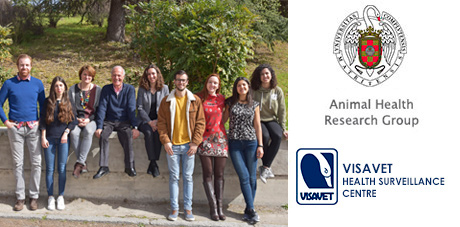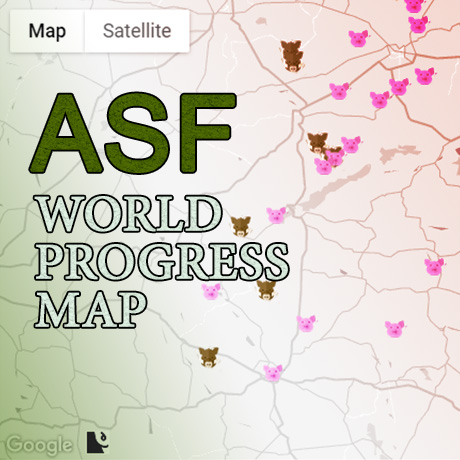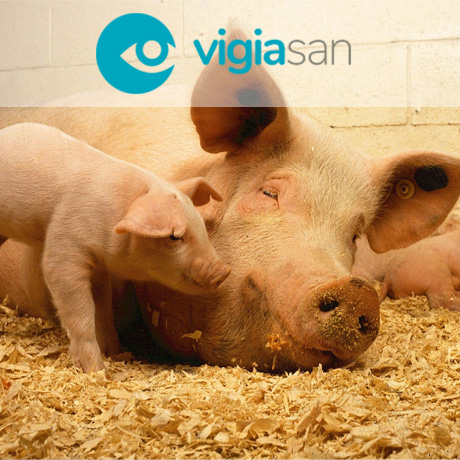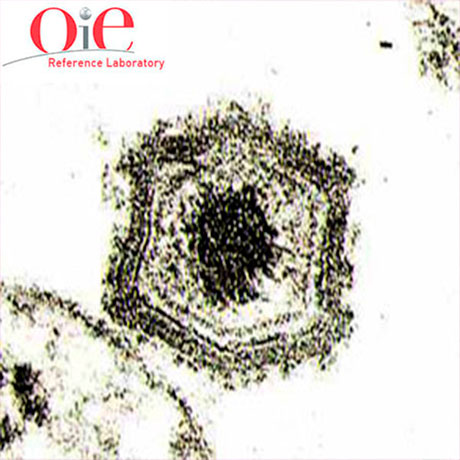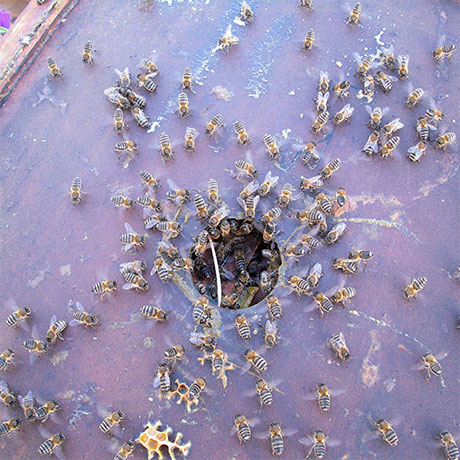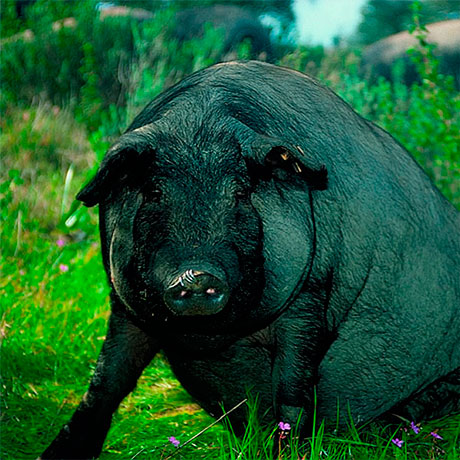Pig health, from challenge to opportunity
March 15 in Vic Barcelona.
Professor José Manuel Sánchez-Vizcaíno will give a talk entitled "Immunization against African Swine Fever".
Animal´s Health news.
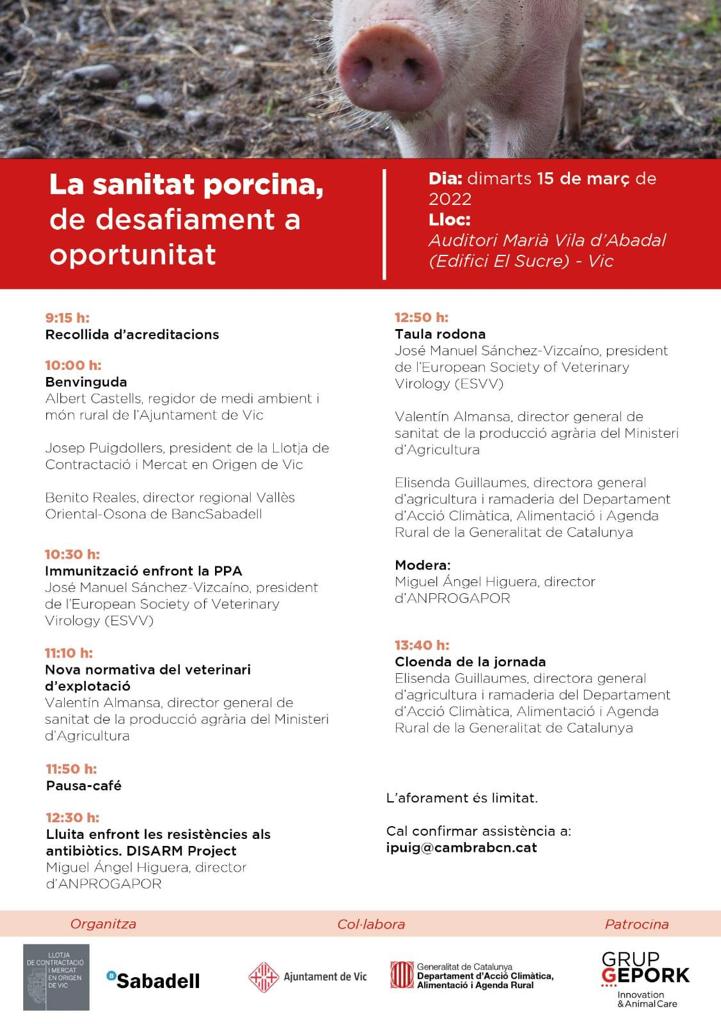
Laboratory Diagnosis of African Swine Fever
VACDIVA: 1st International Workshop for Hunters
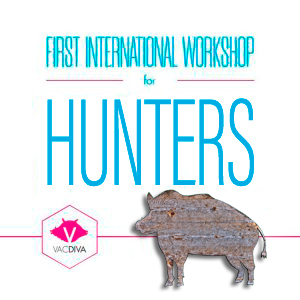 The EU H2020 project VACDIVA «A safe diva vaccine for African Swine Fever control and eradication» invites you to participate in this meeting. The seminar will be held On-line 8th February 2022, 09:30-14:00 CET.
The EU H2020 project VACDIVA «A safe diva vaccine for African Swine Fever control and eradication» invites you to participate in this meeting. The seminar will be held On-line 8th February 2022, 09:30-14:00 CET.
We will review the global risk situation and the advances in the development of a safe, effective and DIVA vaccine. The meeting will aim at updating the situation around African Swine Fever, presenting the objectives and results already obtained through the VACDIVA project but will also include different presentations and discussions on three main topics:
- Effective and safe vaccines against African Swine Fever in wild boar and domestic pigs.
- DIVA tests to accompany vaccine candidates.
- African Swine Fever control and eradication strategies for different epidemiological scenarios in the world & Pilot Vaccine test in real environment.
Speakers:
- Žilvinas Ilevičius (European Commission, DG Health and Food Safety)
- Project Coordinator: José Manuel Sánchez‐Vizcaíno (UCM)
- Adam Balint (NFCSO)
- Alain Licoppe (SPW-DEMNA-DNE)
- Carmina Gallardo (CISA‐CSIC)
- Erwin Van den Born (MAH)
- Jaime Bosh (UCM)
- Marta Martinez (INIA)
- Milos Jezek (CZ-FFWS)
- Paloma Rueda (INGENASA)
Simultaneous Translation: English, Spanish, German (other languages to be confirmed according with the audience).
Free assistance!![]() Please confirm your participation in the VACDIVA Website
Please confirm your participation in the VACDIVA Website



